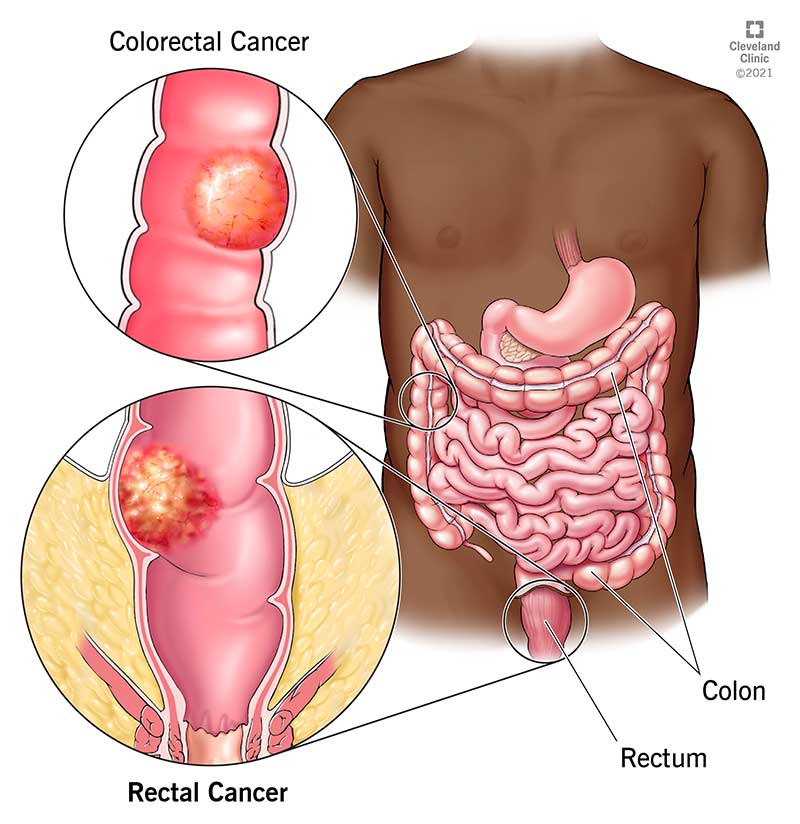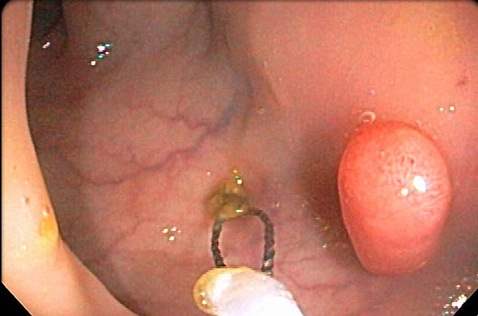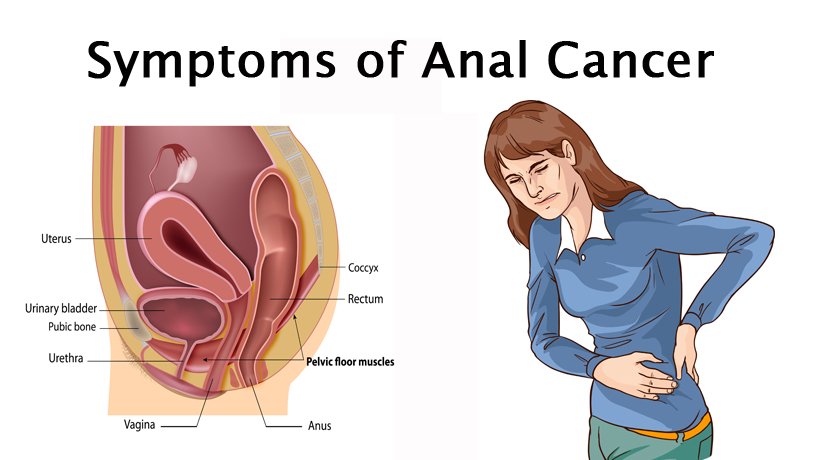


Anal cancer is an uncommon type of cancer that occurs in the anal canal. The anal canal is a short tube at the end of your rectum through which stool leaves your body.
Anal cancer can cause signs and symptoms such as rectal bleeding and anal pain.
Most people with anal cancer are treated with a combination of chemotherapy and radiation. Though combining anal cancer treatments increases the chance of a cure, the combined treatments also increase the risk of side effects
Several factors have been found to increase the risk of anal cancer, including:
Anal cancer signs and symptoms include:
Talk to your doctor about any signs and symptoms that bother you, especially if you have any factors that increase your
Tests and procedures used to diagnose anal cancer include:
What treatment you receive for anal cancer depends on the stage of your cancer, your overall health and your own preferences.
Doctors usually treat anal cancer with a combination of chemotherapy and radiation. Together, these two treatments enhance each other and improve chances for a cure.